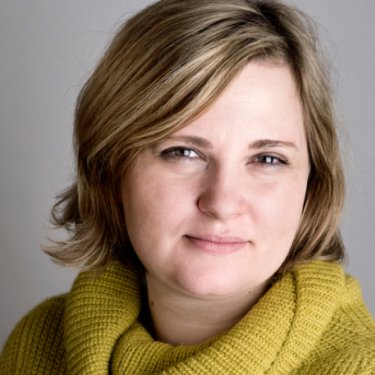Moscow reporter files complaint about attack in Chechnya, threats

Читать на русском / Read in Russian
Reporters Without Borders (RSF) condemns the impunity enjoyed by those who attacked Moscow-based Russian journalist Elena Milashina during a visit to Chechnya earlier this month and have continued to threaten her, and calls for a transparent and effective investigation by the federal authorities.
A reporter for the independent Moscow tri-weekly Novaya Gazeta, Milashina filed a complaint today with the federal Investigative Committee in Moscow against the people who attacked her in the lobby of her hotel in the Chechen capital of Grozny on 6 February and against those who subsequently threatened her, including the person who sent a threatening letter to the newspaper on 13 February.
This letter, which advised Milashina to “forget Chechnya,” was sent by a woman who identifies herself on social networks as “Chechnya’s leading executioner” and as a “killer” working directly for Chechen leader Ramzan Kadyrov, who rules the autonomous Russian republic with an iron hand.
Until now, the Russian federal authorities have said they are not concerned by the attacks and threats against Milashina. This matter “is not a Kremlin problem,” Russian presidential spokesman Dmitri Peskov said on 10 February. It was “a matter for the regional police,” he added.
But the Chechen police have done almost nothing. According to Milashina, they have yet to request the recordings of the 27 CCTV cameras of the Hotel Continent, where the attack against Milashina and human rights lawyer Marina Dubrovina took place.
So far, a police officer equipped with a disposable camera just took photos of the ground at the entrance to the hotel where, on the evening of 6 February, Milashina and Dubrovina were attacked by about 15 people, who threw them to the ground and hit them, while accusing them of “helping the Wahhabis.”
Milashina had gone to Grozny to cover the trial of a blogger who, without adding any comment, just posted a video of a neighbourood in the Grozny city centre entitled “How Kadyrov and his companions live.”
The day after the attack, local TV channels began relaying a propaganda campaign approving the attacks and even calling for Milashina and Dubrovina to be killed. “For what they are doing in Chechnya, they should not just be attacked but also killed,” said persons identified as “ordinary residents” on the Instagram accounts of Chechnya Sevodnya, Grozny-Inform and the Grozny public TV channel.
The Chechen leader, Kadyrov had himself previously threatened journalists on 4 November, urging people to “kill, imprison and terrify” those who “spread rumours” about Chechnya.
“This impunity for violence and for public calls for journalists to be murdered is intolerable,” said Jeanne Cavelier, the head of RSF’s Eastern Europe and Central Asia desk. “We call on the Russian authorities to guarantee the security of Elena Milashina and fellow journalists who are particularly threatened by the Chechen authorities. Although an autonomous republic, Chechnya is part of the Russian Federation. It falls to Moscow to conduct a transparent and effective investigation in this territory, in order to comply with its international obligations.”
A total of five Novaya Gazeta journalists have been murdered with complete impunity in the past 20 years: Igor Domnikov in 2000, Yuri Shchekochikhin in 2003, Anna Politkovskaya in 2006 and Natalya Estemirova and Anastasia Baburova in 2009. Religious officials close to Kadyrov even declared a “holy war” against the embattled newspaper in 2017 after it covered the persecution of gays in Chechnya.
What with threatening Radio Echo of Moscow news editor Alexei Venediktov, jailing Zhalaudi Geriyev, a contributor to the independent news website Kavkazsky Uzel, on a fabricated drug charge, and orchestrating a violent attack on a group of journalists near the border, Chechnya has in effect banned all criticism and independent journalism and has become a news and information black hole with Moscow’s blessing.
Russia is ranked 149th out of 180 countries in RSF’s 2019 World Press Freedom Index.



